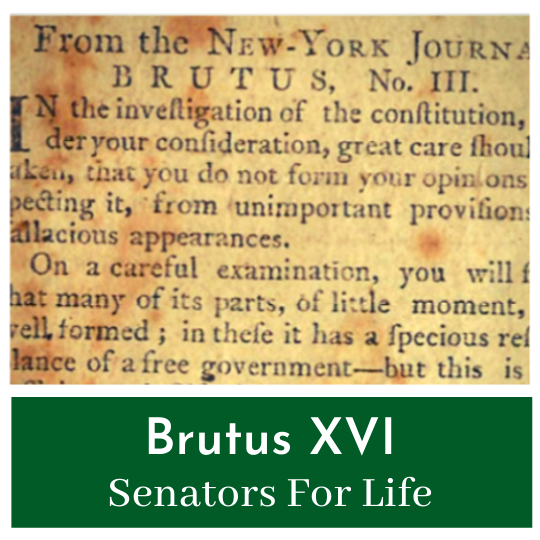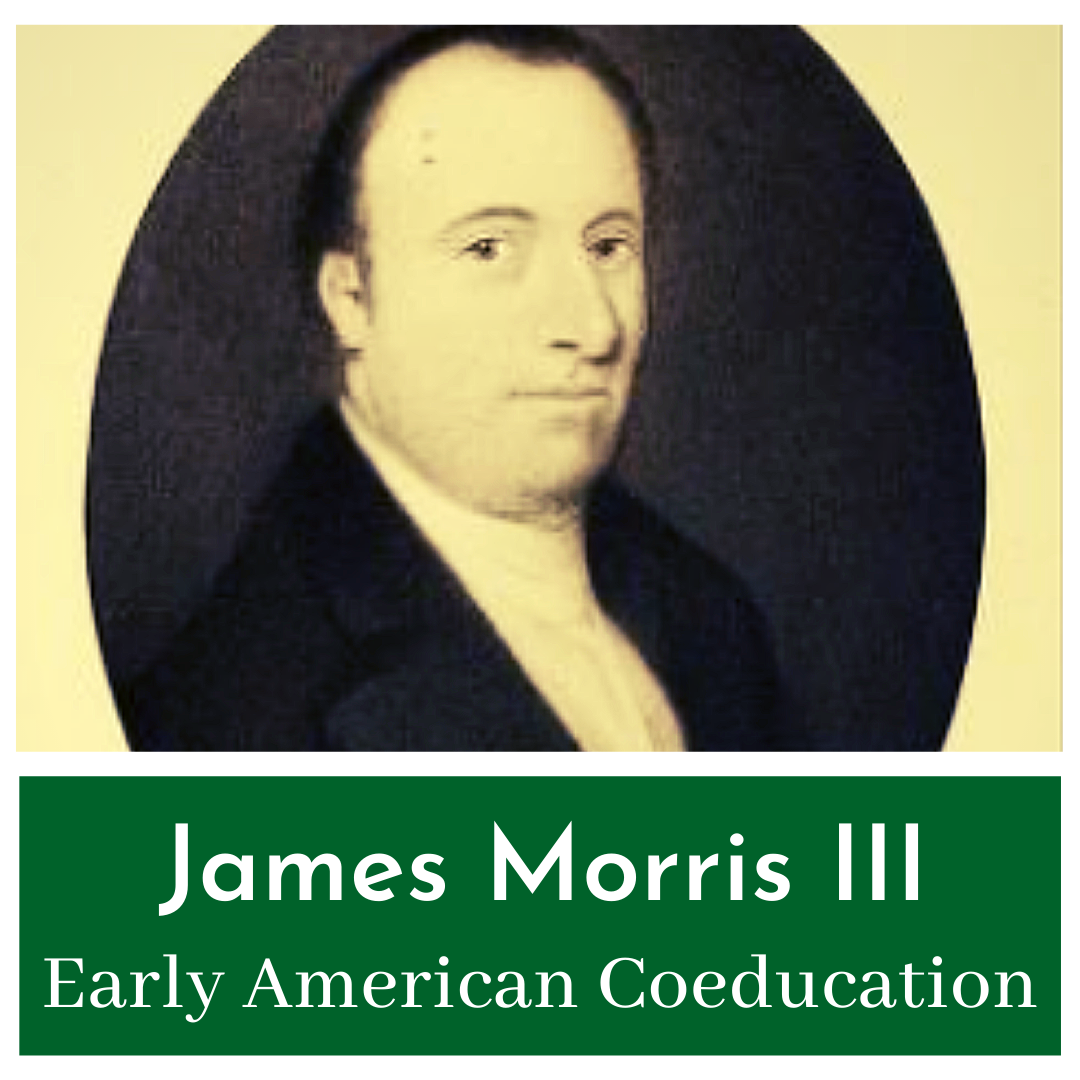Peter Silvester was an inaugural member of the US House of Representatives before educating future President Martin van Buren.
A Foot in Every Branch - Brutus XVI
In Brutus XVI the Anti-Federalist author criticizes the powers of the Senate in the US Constitution.
Jeremiah F. Evarts Fights Indian Removal
Jeremiah F. Evarts was the one of America’s earliest leaders against the removal of Native Americans from their traditional lands.
Simon Kenton's Fake Identity
Simon Kenton was a colonial frontiersman who served the United States in three wars.
From Privateer to Vice President (of Pennsylvania) - Charles Biddle
Charles Biddle was a privateer turned Vice President of Pennsylvania.
The Wizard Owl of Hopewell - Andrew Pickens
Andrew Pickens was an Officer in the Revolutionary War who went on to host peace negotiations with Native American Nations.
Backward Judiciary - Brutus XV
In Brutus XV, an Anti-Federalist author mocks the Judicial System under the Constitution for taking on the wrong parts of the British Government.
Sir James Jay's Invisible Ink
James Jay invented an invisible ink that he gave to the Patriots before changing teams and becoming a Loyalist.
Josiah Harmar’s Defeat - Embarrassing the Senior Officer of the US Army
Josiah Harmar was the Senior Officer of the United State Army at the onset of the Northwest Indian War.
Breaking James Madison’s Heart - Catherine ‘Kitty’ Floyd
Catherine ‘Kitty’ Floyd was the daughter of a signer of the Declaration of Independence and one time fiance of James Madison.
Representing Long Island - William Floyd's Revolution
William Floyd was a signer of the Declaration of Independence whose family suffered greatly when the British took Long Island.
The Courts Already Work - Brutus XIV (Continued)
In Brutus XIV (Part 2), the Anti-Federalist author continues his assessment of the issues with the Judicial Branch of the Constitution.
Outlining the Sixth Amendment - Brutus XIV
In Brutus XIV, an Anti-Federalist author makes arguments that would directly lead to the 6th Amendment to the Constitution.
James Hillhouse Declines With The Federalist Party
James Hillhouse was a long time US Senator and one of the last holdouts of the Federalist Party.
Hamilton's Estranged Older Brother - Peter Lavien
Peter Lavien was the older estranged half-brother of Alexander Hamilton.
John Milledge Becomes The Most Powerful Man in Georgia
John Milledge fought in the American Revolution, served as Governor of Georgia and was President Pro Tempore of the US Senate.
Early American Prison Reform - Edward Livingston's Codes
Edward Livingston was a US Secretary of State and author of the Livingston Codes.
Individuals v. States - Brutus XIII
In Brutus XIII the Anti-Federalist author discusses problems with the ability of individuals to sue States in Federal Court.
The Impeachment of Judge John Pickering
John Pickering was the first Federal Justice to be convicted by the Senate after an impeachment.
James Morris’ Academy - Coeducation in the American Founding
James Morris assembled the first successful coed school in the United States.



















